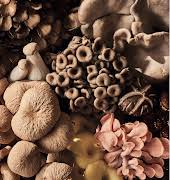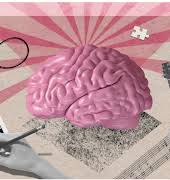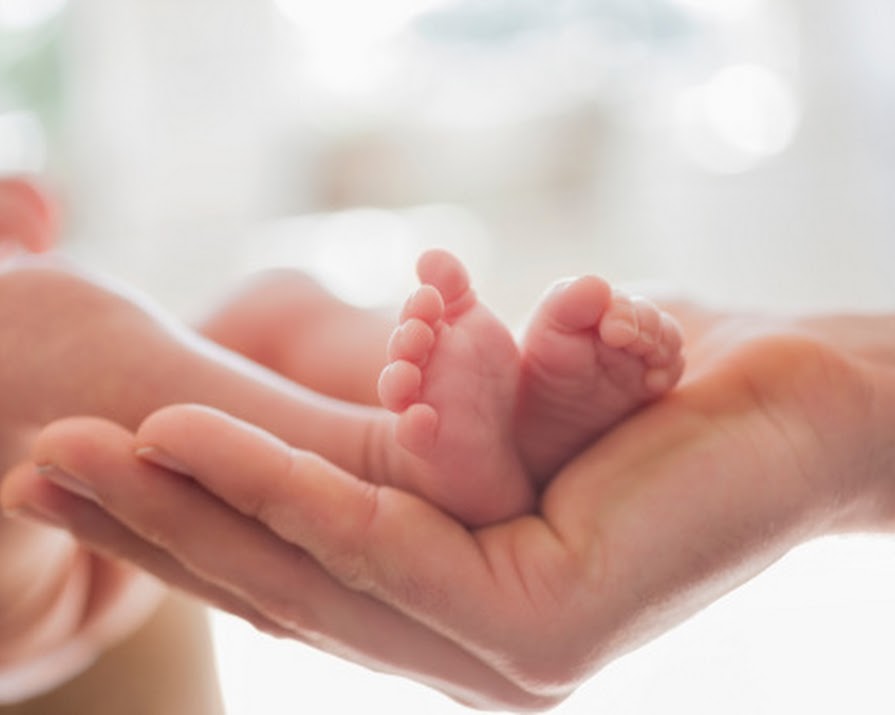
C-Sections Are ‘Affecting Human Evolution’ But It Shouldn’t Stop You From Doing It
By Niamh ODonoghue
07th Dec 2016
07th Dec 2016
In case you haven’t yet crumbled under the enormous pressure of Christmas, we thought we’d share some news with you: that c-section you had? It’s messing up human evolution.
At least that’s what you would be lead to believe if you only read headlines.
The truth is that yes, C-sections are altering our DNA, but that doesn’t mean you should be put off from having one, or feel guilty if you have had one.
The ratio between a woman’s pelvis and a babies head has been a delicate balance for billions of years,?with pelvis sizes unable to fall below a certain width if babies are to be birthed naturally and survive. But scientists have discovered that C-sections are altering our genetic makeup; resulting in more women having to go down the surgery route to deliver because of increasingly narrow pelvis sizes.
An estimated 3% to 6%?of births worldwide are being obstructed because the mother’s pelvis is too small?for the babies head or shoulders; a condition known as ‘fetopelvic disproportion’.
In a nutshell, a?higher number of C-section births are resulting in bigger babies who struggle to actually fit down the birth canal; which happens to around 36 out of every 1000 babies born today according to the BBC. Scientists and doctors in Austria who carried out the research reckon that the trend is likely to continue too.
But it’s not necessarily a bad thing. More than one-in-five babies are born by cesarian section in Ireland; which is a four-fold jump in the?number of C-section births here since the 1980s.
It was previously thought that women who opt for C-sections were “too posh to push”, when in reality, C-sections are a much safer option for women.
Yes: c-sections cost more money and require more staff, but at the end of the day does it really matter how you birth your baby if at the end of it you’re holding a beautiful healthy baby?























